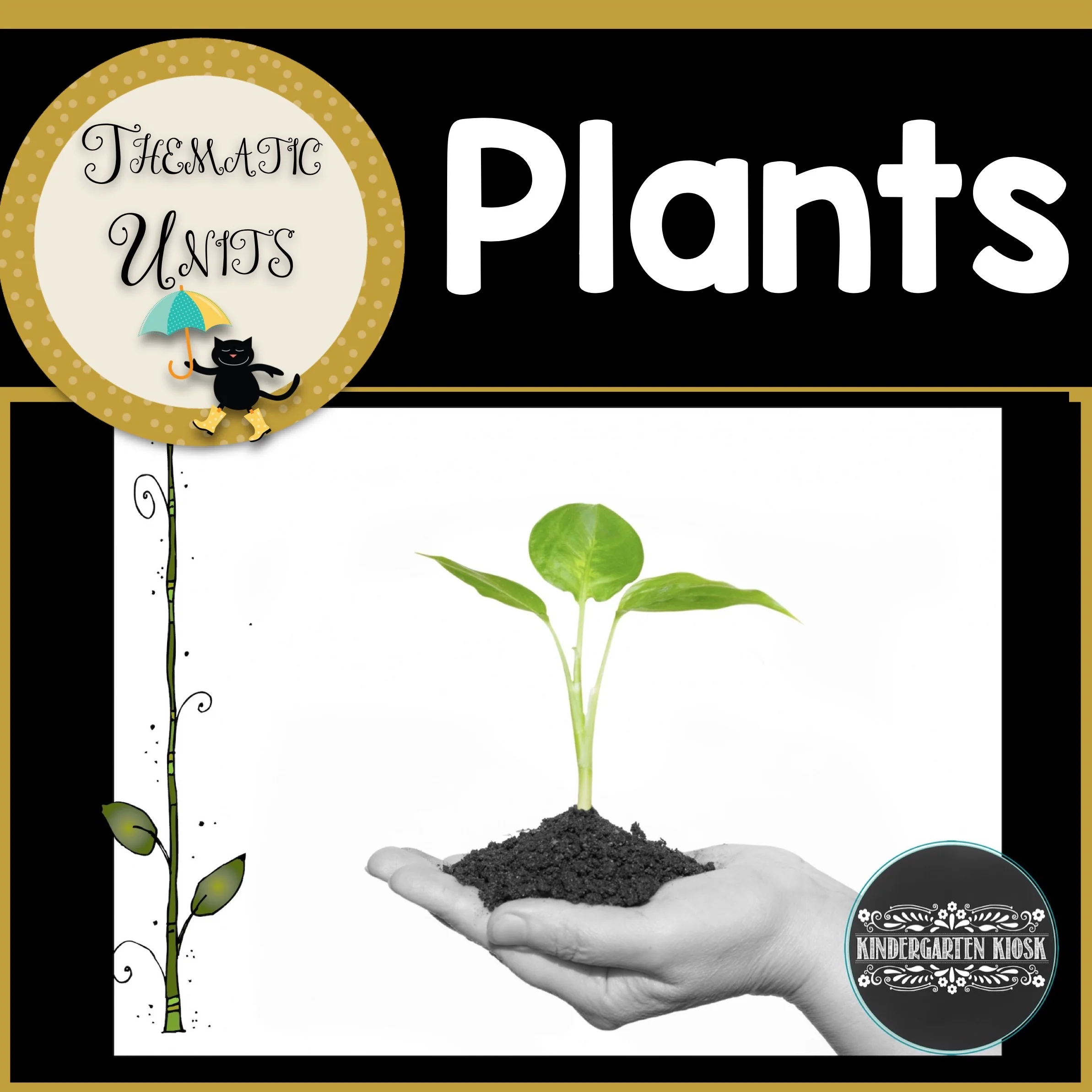Plant Thematic Unit for Kindergarten
Teaching young children about plants is rewarding and beneficial. It sparks curiosity, encourages hands-on learning, and promotes environmental awareness. It also helps develop critical thinking, problem-solving skills, and responsibility. Here’s why introducing plants to kindergartners is invaluable:
1. Curiosity and Hands-On Learning
Plants ignite curiosity and exploration. Kids learn about life cycles, photosynthesis, and caring for living things through activities like planting seeds and observing growth, fostering a love for learning.
2. Environmental Stewardship
Caring for plants teaches kids about the interconnectedness of life and the importance of protecting the environment, encouraging eco-friendly choices.
3. Critical Thinking and Problem-Solving
Observing plant growth enhances critical thinking. Kids develop problem-solving skills by tackling plant care and addressing growth challenges.
4. Responsibility and Patience
Plant care instills responsibility and patience. Students learn to monitor plant health, leading to a sense of accomplishment as they see results.
5. Enhanced Learning Environment
Plants create an engaging, sensory-rich environment. They add visual interest and can improve air quality, reduce stress, and enhance well-being.
6. Real-World Connections
Learning about plants helps kids understand food origins and agriculture, laying the groundwork for understanding environmental issues and sustainability.
Integrating plant education fosters knowledgeable, environmentally conscious individuals equipped to care for the world.
That is why a plant unit is such a great fit for your kindergarten classroom! Look at all of the authentic, academic learning that can be brought into your classroom in a cross-curricular way!





